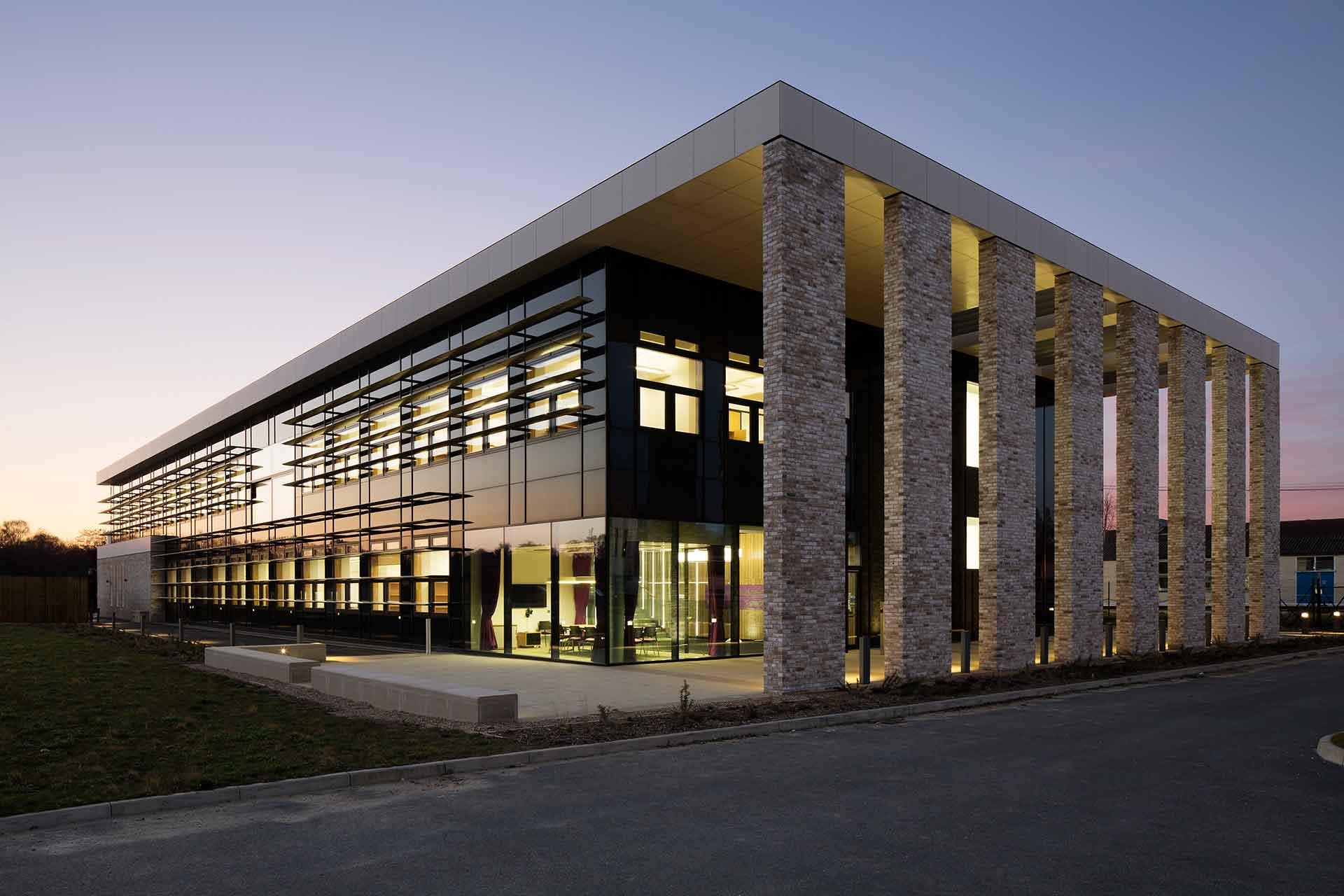A new report highlights how The Pirbright Institute contributes £50m a year to the UK economy.
Commissioned by Pirbright and carried out by public policy analysts SQW, the evaluation shows this equates to a Gross Value Added (GVA) economic impact of £471m over the past decade.
The Institute is a world-leading centre of excellence in research and surveillance of virus diseases of farm animals and viruses that spread from animals to humans.
The 40-page Socio-Economic Impact of The Pirbright Institute report highlights how the Institute has supported over 1,000 jobs a year in the UK economy on average over the past ten years – both through direct employment of highly-skilled scientists, technicians and professional staff and by sustaining jobs in businesses across the UK.
Spending on new Institute infrastructure is a key feature of the decade: core funding from UK Research and Innovation’s Biotechnology and Biological Sciences Research Council (BBSRC) has allowed the development of high and low-containment research environments to study high-risk, exotic and zoonotic viruses and endemic viruses respectively.
The facilities – including the BBSRC National Vaccinology Centre: The Jenner Building and The Biggs Avian Research Building – contributed between £6m and £39m in per annum expenditure.
Professor Bryan Charleston MRCVS FRS, Institute Director, said: “The impact study highlights the scale of investment in our infrastructure, facilities, and specialist resources to demonstrate our distinctive offer as a National Capability in preventing and controlling disease outbreaks. Our unique combination of specialist facilities and expert staff underpins our status as a leading centre for both ‘diagnostics and surveillance’, and ‘fundamental and applied research’ of viral diseases in livestock and those that spread from animals to humans.”
SQW’s analysis identifies six key categories of non-quantified socio-economic impact: disease control and prevention, contribution to the UK’s research excellence, livestock sector performance (in the UK and internationally), enhanced skills and capabilities, international resilience and capacity, and strategic benefits for the UK.
The report also highlights the importance of Pirbright’s Knowledge Exchange and Commercialisation (KEC) activities – specifically, licensing, the supply of laboratory reagents, and commercial contract research.
Professor Vince Emery, Chair of Pirbright’s Trustee Board, said: "The work of The Pirbright Institute brings benefits to the UK which are, quite literally, immeasurable, notably in its unique role as a National Capability, preventing and controlling viral diseases which could have a huge adverse impact on the UK economy. Continued investment by UKRI BBSRC in bespoke facilities that support leading-edge science, especially Pirbright’s Reference Laboratories and dual focus approach to virus biology and host responses, underpins the impact highlighted in this report.”
Read a summary of the SQW report and our impact case studies.
Read the full report here.
